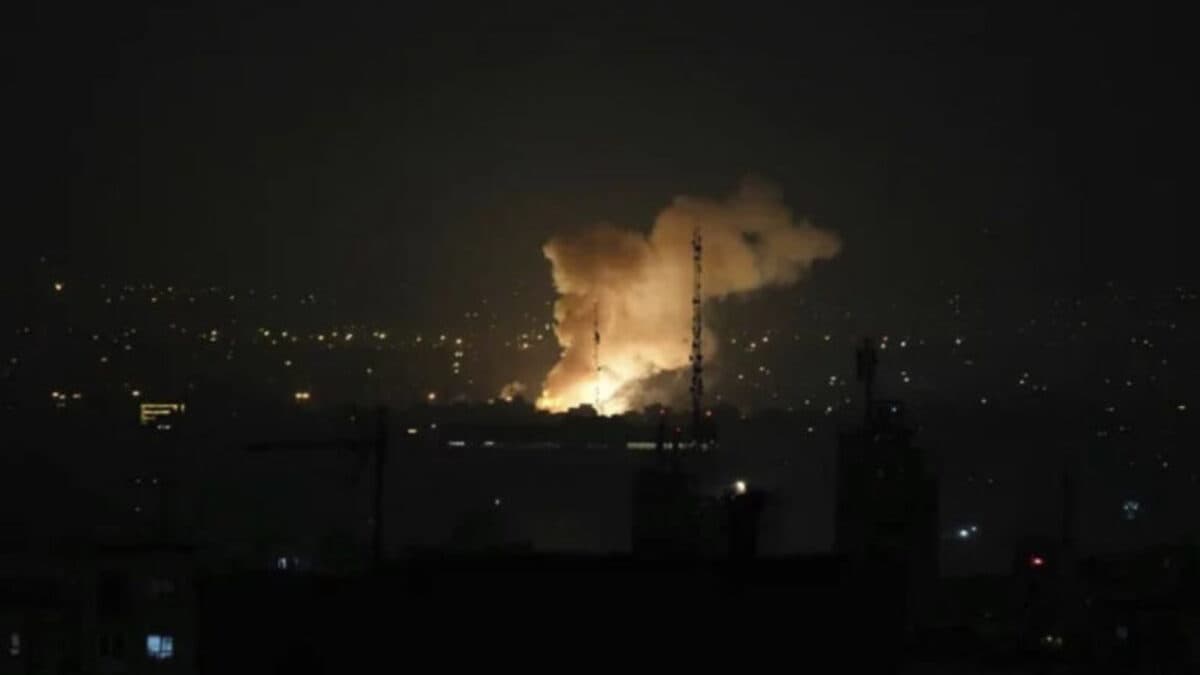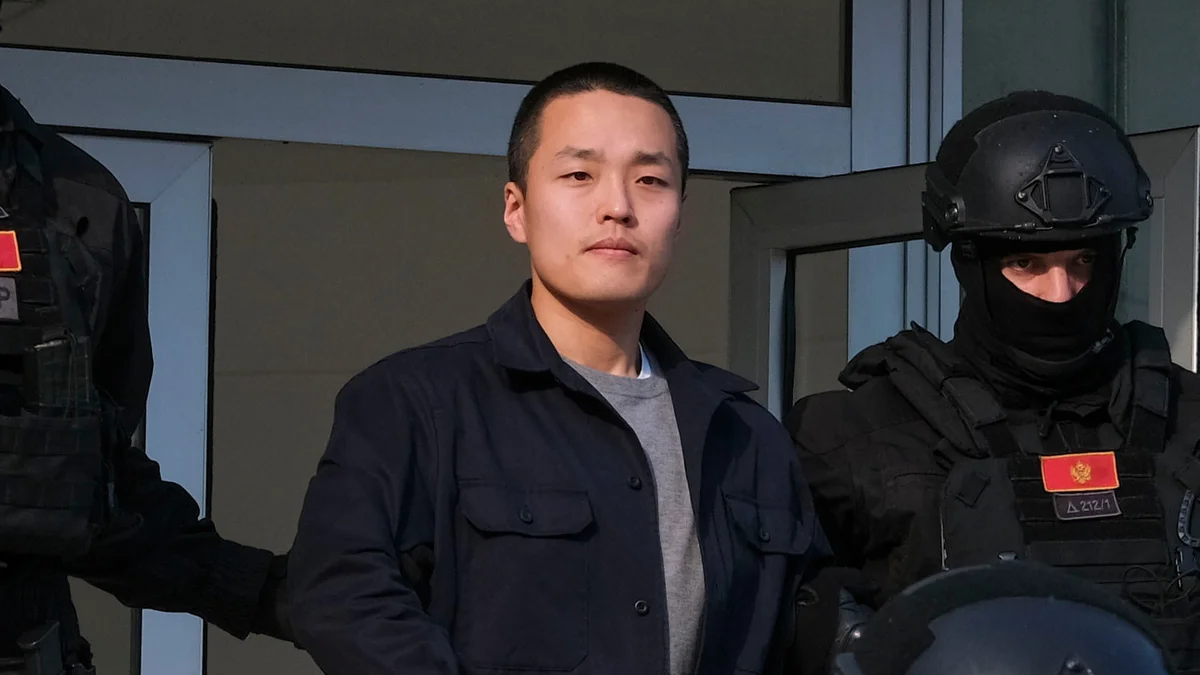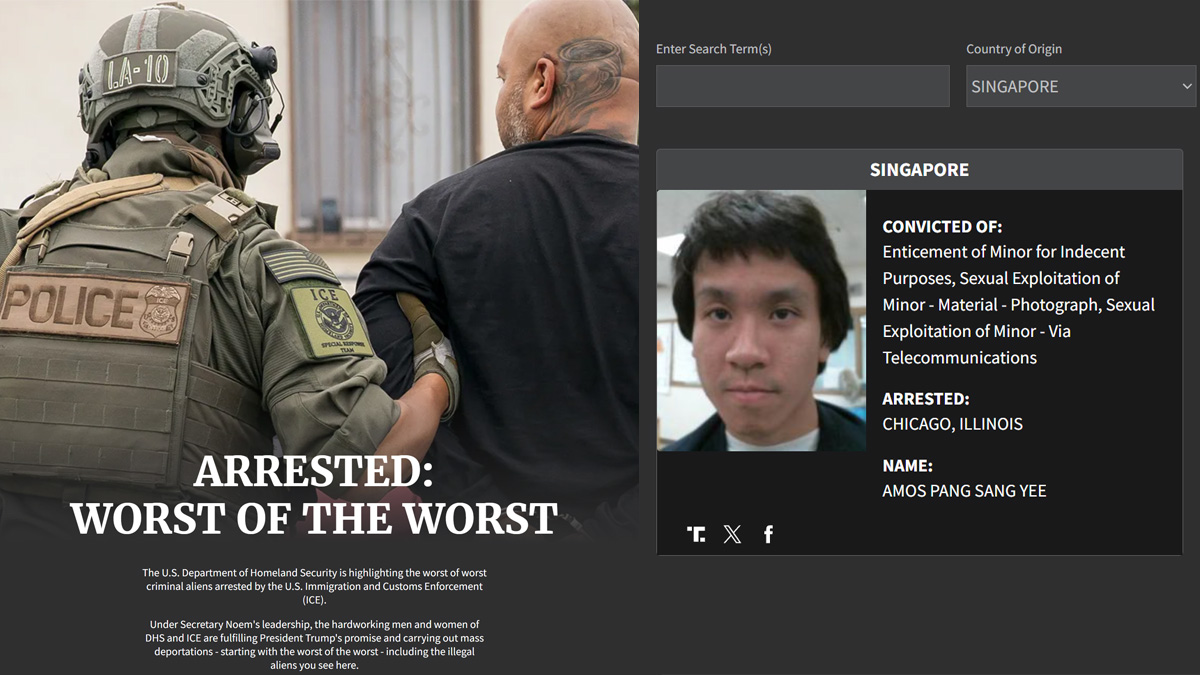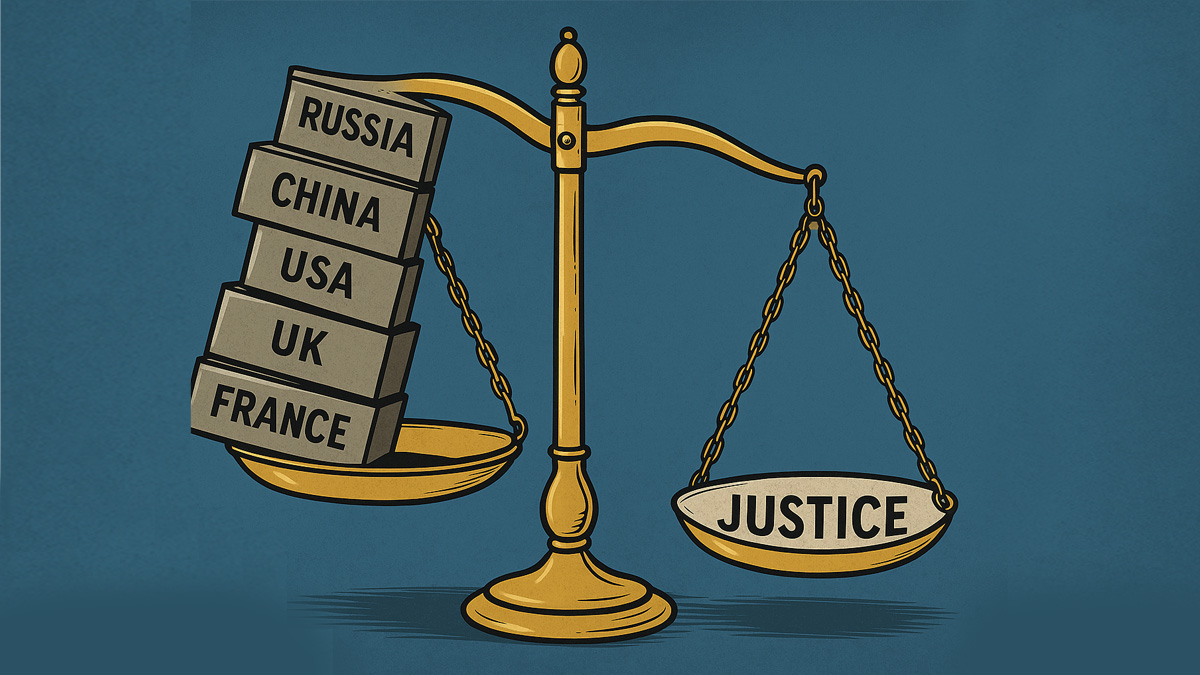Israel launches widescale strikes on Iran, killing senior commanders and targeting nuclear facilities
Israel launched Operation Rising Lion on 13 June, striking Iran’s nuclear facilities and killing senior commanders, in what Prime Minister Benjamin Netanyahu called a campaign to eliminate an “imminent threat.” Iran vowed severe retaliation, while world leaders urged restraint.

- Israel launched Operation Rising Lion on 13 June, striking nuclear facilities and killing senior Iranian commanders, including IRGC chief Hossein Salami and military chief Mohammad Bagheri.
- Iran vowed “severe punishment,” accusing Israel of criminal aggression and calling for UN action.
- The United States confirmed prior knowledge but denied involvement, as world leaders urged restraint.
Israel launched widescale strikes on Iran on Friday, 13 June, targeting nuclear facilities, ballistic missile factories, and senior military commanders in what it described as a pre-emptive campaign to prevent Tehran from developing an atomic weapon. The strikes marked the beginning of Operation Rising Lion, which Israeli Prime Minister Benjamin Netanyahu declared would continue until the Iranian threat was neutralised.
In a televised address, Netanyahu said: “Moments ago, Israel launched Operation Rising Lion, a targeted military operation to roll back the Iranian threat to Israel’s very survival. This operation will continue for as many days as it takes to remove this threat.”
An Israeli military official confirmed that “dozens” of nuclear and military sites had been struck, including the uranium enrichment facility at Natanz in central Iran. The official warned that Iran had enough fissile material to construct up to 15 nuclear bombs within days, framing the strikes as necessary to avert an immediate existential risk.
Iranian state media reported the deaths of several high-ranking military figures in the initial wave of strikes. Among those confirmed killed were General Hossein Salami, commander-in-chief of the Islamic Revolutionary Guard Corps (IRGC), and Major General Mohammad Bagheri, Iran’s chief of staff and highest-ranking military officer. Their deaths represent one of the most significant blows to Iran’s military leadership in decades.
Reports also indicated that two senior nuclear scientists, Fereydoun Abbasi-Davani and Mohammad Mehdi Tehranchi, were killed in the bombardment. Both had been central to Iran’s nuclear research and development. Iranian media showed images of destroyed buildings in Tehran, with residential areas badly damaged by secondary explosions. Emergency services were deployed across the capital, responding to fires and casualties. Iran’s civil aviation authority announced the immediate closure of the country’s airspace.
Supreme Leader Ayatollah Ali Khamenei condemned the attacks, pledging “severe punishment” for Israel. Iran’s foreign ministry accused Israel of endangering global security and claimed Tehran had the right to retaliate in self-defence. The ministry called upon the United Nations Secretary-General to act urgently, appealing in particular to Islamic nations and members of the Non-Aligned Movement to condemn Israel’s “criminal aggression” and take coordinated action to defend global peace.
In Israel, authorities declared a nationwide state of emergency. Defence Minister Israel Katz announced the closure of airspace, suspension of schools, restrictions on non-essential work, and bans on large public gatherings. “Following the pre-emptive strike by the State of Israel against Iran, a missile and UAV attack against the State of Israel and its civilian population is expected in the immediate time frame,” Katz said. He urged citizens to seek shelter in protected areas and remain vigilant.
Israeli Chief of Staff Eyal Zamir said tens of thousands of soldiers had been deployed across the country’s borders. “We have been preparing this operation for a long time; unprecedented efforts have been made across all branches and directorates to achieve readiness against the tangible and present threat,” Zamir stated.
The United States, Israel’s closest ally, was swift to distance itself from the strikes. Secretary of State Marco Rubio confirmed that Washington had been notified in advance but emphasised that Israel acted independently. “Israel advised us that they believe this action was necessary for its self-defence. We are not involved in strikes against Iran, and our top priority is protecting American forces in the region. Let me be clear: Iran should not target U.S. interests or personnel,” Rubio said.
The US State Department ordered all American government employees and their families in Israel to shelter in place until further notice. President Donald Trump told Fox News that while his administration was informed of Israel’s plans beforehand, the US military played no role. He reiterated that Washington remained committed to diplomatic talks on Iran’s nuclear programme. “Iran cannot have a nuclear bomb, and we are hoping to get back to the negotiating table. We will see,” Trump said.
Despite the escalation, US and Iranian officials were still expected to meet in Oman on Sunday, 15 June, for a sixth round of discussions on uranium enrichment. Omani mediators confirmed that preparations for the talks were ongoing, though diplomats warned that the Israeli strikes could derail progress.
Global leaders expressed deep concern at the outbreak of hostilities. Australian Foreign Minister Penny Wong cautioned that the strikes risked destabilising an already volatile region. “We call on all parties to refrain from actions and rhetoric that will further exacerbate tensions. We all understand the threat of Iran’s nuclear and ballistic missile programme, but we urge prioritising dialogue and diplomacy,” she said.
New Zealand Prime Minister Christopher Luxon described the escalation as “really unwelcome,” highlighting the risk of miscalculation leading to regional war. Japan’s Chief Cabinet Secretary Yoshimasa Hayashi said Tokyo was making “all necessary diplomatic efforts to prevent further deterioration of the situation” while focusing on the safety of its nationals in the Middle East.
United Nations Secretary-General Antonio Guterres called for “maximum restraint,” warning that the strikes came at a delicate moment when diplomatic avenues were still open. “The Secretary-General asks both sides to avoid at all costs a descent into deeper conflict, a situation that the region can hardly afford,” his spokesperson said.
As the conflict unfolds, fears of wider war loom large. Israel has signalled its readiness for prolonged operations, while Iran has vowed retaliation. With major military leaders killed, nuclear facilities struck, and international diplomatic efforts under severe strain, the Middle East faces one of its most dangerous moments in recent years.








0 Comments